Best Knee Replacement in Asia
Imagine a world without pain and suffering, an ideal, comfortable one, and then consider the reality of it. A perfect world cannot exist for obvious reasons, but that does not mean we should abandon our goals and accept all the pain and suffering instead of fighting them. Every day, we hear about people who suffer from arthritis or joint pain. We also hear of how it interferes with their regular tasks such as walking, climbing stairs, or simply lying down. Whether it is osteoarthritis, which causes extreme pain due to the breakdown of the protective coating of the tissues, or rheumatoid arthritis, an inflammatory illness that causes your joints to swell, arthritis in any form is deadly. For that you may have to opt for Knee Replacement.
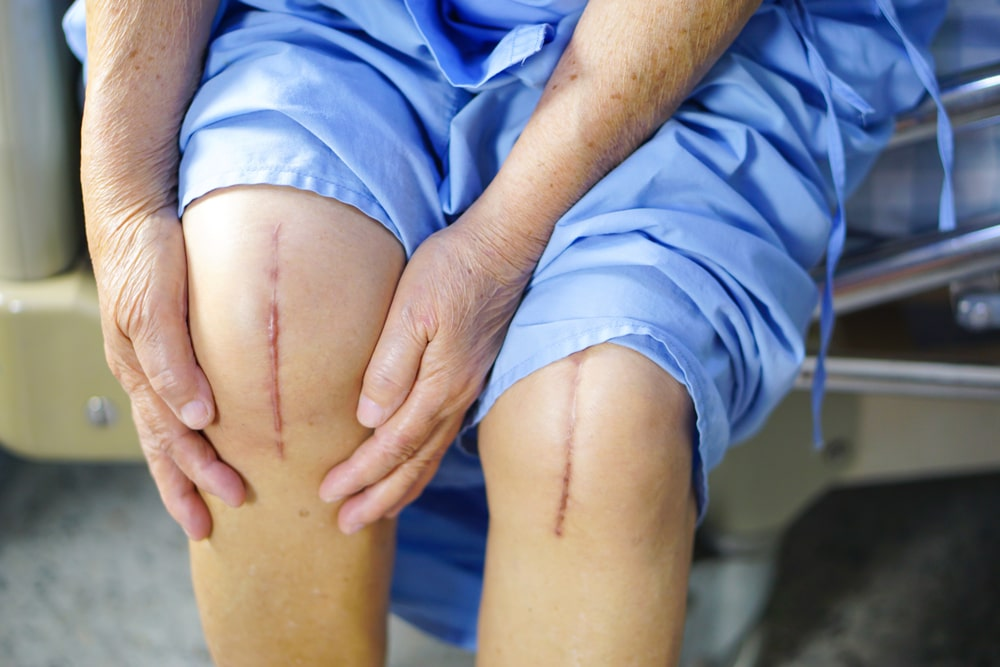
When it comes to illnesses like arthritis, the so-called “newer times” have presented us with a number of obstacles. Unlike before, people of all ages are susceptible to arthritis. Many surgeons recommend hip or knee replacement surgery to relieve discomfort, but are these procedures without complications? A variety of factors determine the success rate of orthopaedic procedures These high-end operations rely heavily on the surgeon’s skill set, from determining the patient’s precise demands to selecting the appropriate implants. After all, you can’t just trust anyone with your health, except Travocure.
During the early stages, medication and walking support can prove helpful but what are your options when the condition of your arthritis has extensively severed? Well, you don’t have to worry because you certainly have great treatment options with Travocure for the Best Knee Replacement Surgery in Asia to look forward to.
About Knee Replacement Surgery:
As we age, some wear and tear is natural. But our bone strength determines our agility. Knee discomfort is one of the primary impediments to an individual’s mobility as they age. Arthritis, injury, a lack of bone strength, or a variety of other factors, could be the cause of pain and it can make routine daily activities like walking or climbing the stairs difficult. Knee joints might pain even while sitting or lying down if not treated promptly. The patient may be forced to undergo knee replacement surgery if conservative care, which includes drugs and a knee support band, is no longer useful.
Now, before we delve into the technicalities of it, let’s take a glance at the knee.
Anatomy of the Knee:
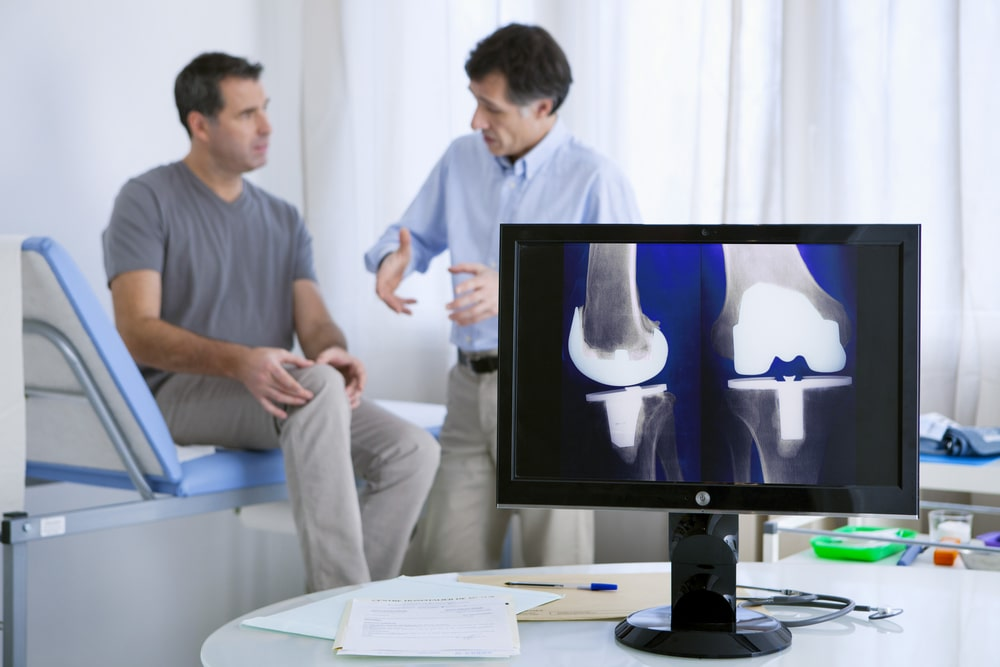
Because the knee is the body’s largest hinge joint, maintaining healthy knees is critical for completing daily activities. Three bones make the knee: the lower end of the thigh bone (femur), the upper end of the shinbone (tibia), and the kneecap (patella). These ends of the bone are surrounded by articular cartilage, a smooth material that protects the bones by allowing them to move easily. Acting as “shock absorbers are the are C-shaped wedges located between the femur and tibia, menisci. Large ligaments provide support and strength to the femur and tibia. In a healthy knee, all of the other surfaces are covered by a lining called the synovial membrane, which creates a fluid that lubricates the cartilage and reduces friction to zero percent.
Generally, all these membranes work in tandem, but any disease or injury can disrupt this coordination which results in pain, muscle weakness and reduced movement.
So what is Knee Replacement Surgery?
A knee replacement surgery is also known as knee arthroplasty or knee “resurfacing” as only the surface of the bones is replaced. There are four Main Types Of Knee Replacement Surgery:
- Total knee replacement:
It is the common form where the surgeon replaces the surface of the thigh bone and shin bone that connects to the knee. - Partial Knee Replacement:
Partial knee replacement is typically done if arthritis affects only one side of your knee and it is done through a minor cut. - Kneecap Replacement:
This procedure replaces only the surface under the knee cap but has a low success rate. - Complex (Or Revision) Knee Replacement:
This procedure may be needed if you have very severe arthritis or previously had more than one knee replacement surgery. - Orthopaedic Evaluation
Prior to surgery, the patient is evaluated for a variety of tests and procedures, including a physical examination, X-rays, a blood test, and an MRI scan. Following the evaluation of the results, the doctor will discuss how total knee replacement works best to relieve pain and increase function.
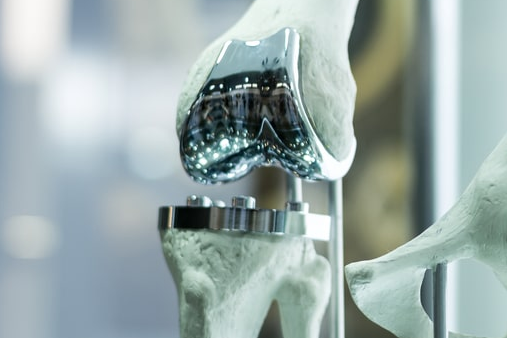
What is the procedure?
Patients undergoing complete knee replacement surgery require either general or spinal anaesthetic, depending on their health. To expose the joint surfaces, the knees will be bent. The surgeon removes the kneecap and cuts back the damaged joint surfaces after creating a 6-10 inch long hole. The surgeon implants the replacement joint parts after mending the joint. Before closing the holes, the surgeon bends or rotates your knee to ensure adequate function. The entire procedure takes roughly 2 hours.
Recovery – What You Can Expect?
Recovery and rehabilitation processes play a pivotal role in helping the patient to get back on feet normally and restart an active lifestyle. Rehabilitation helps the patient to recover from the surgery quicker and also instals necessary confidence in the patient to get back to normalcy.

Which is why at Travocure, we want only the best for your medical needs. Thus, here’s a list of the Best Hospitals by Travocure for the Best Knee Replacement Surgery in Asia:
- MGM Healthcare, Chennai, Tamil Nadu, India:

- Manipal Hospital, Bangalore, Karnataka, India:
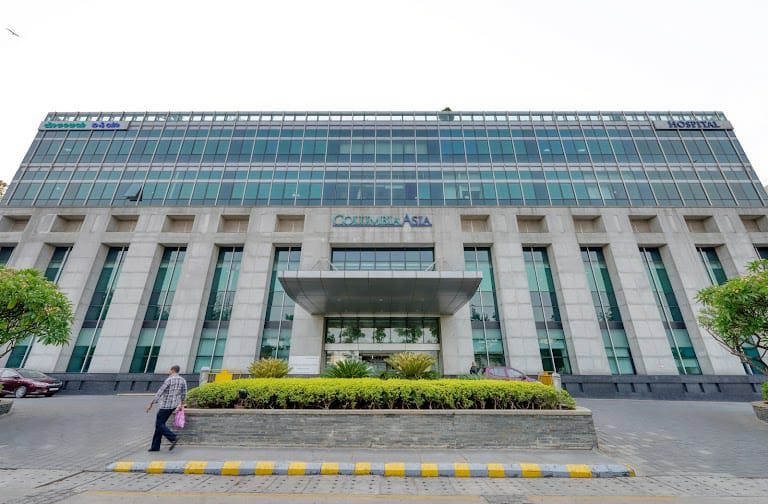
- Wockhardt Hospital, Rajkot, Gujarat, India:

- Siriraj Piyamaharajkarun Hospital, Bangkok:
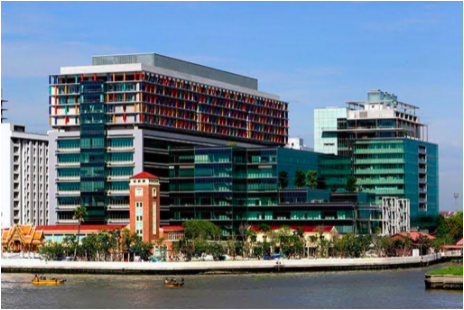
- Buddhachinaraj Phitsanulok Hospital, Thailand:
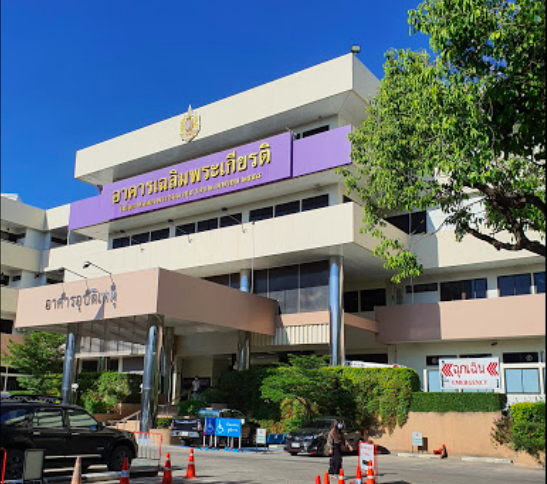
- Kosin University – Gospel Hospital, South Korea:
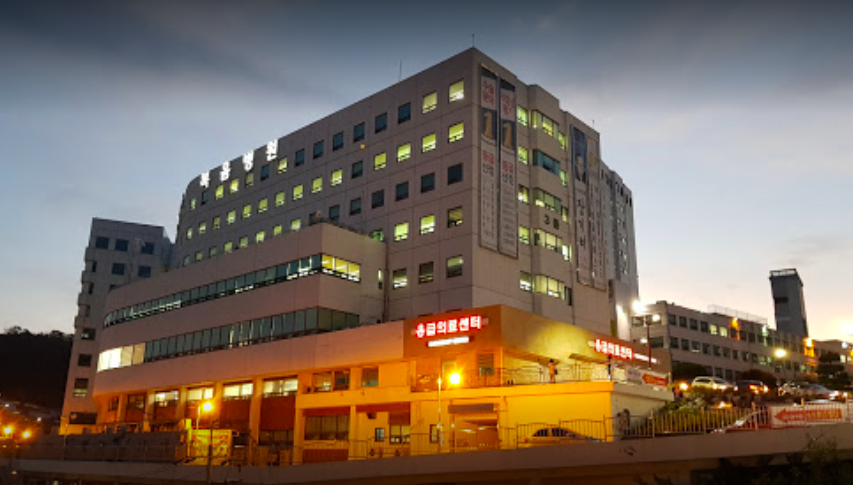
- Inje University – Haeundae Paik Hospital, South Korea:
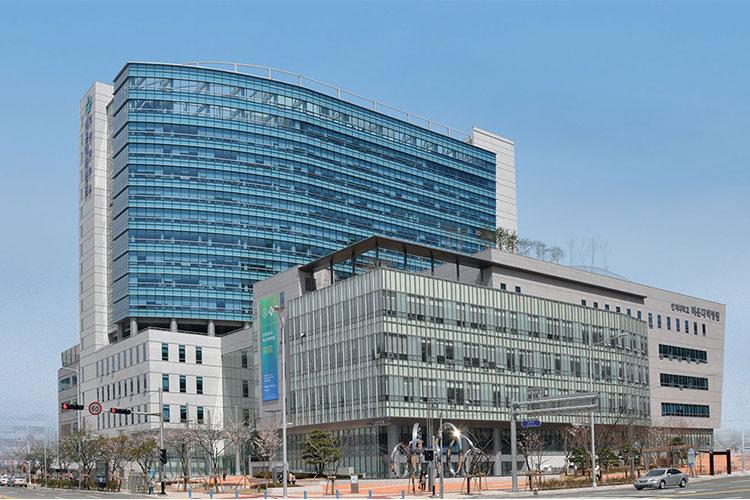
- Ewha Womans University Medical Centre, South Korea:
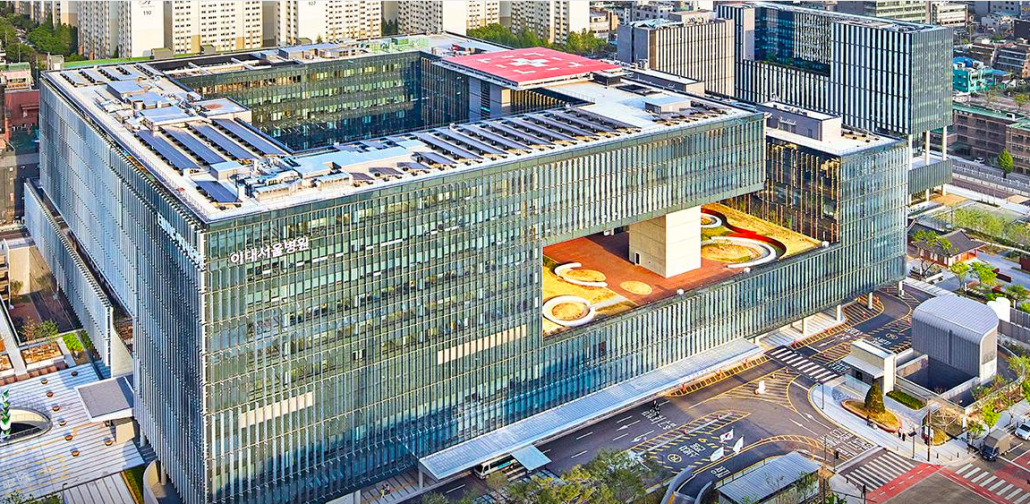
- Medical Park Group, Istanbul:
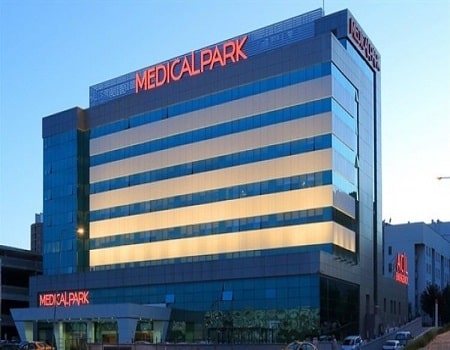
- Acibadem Hospitals Group:


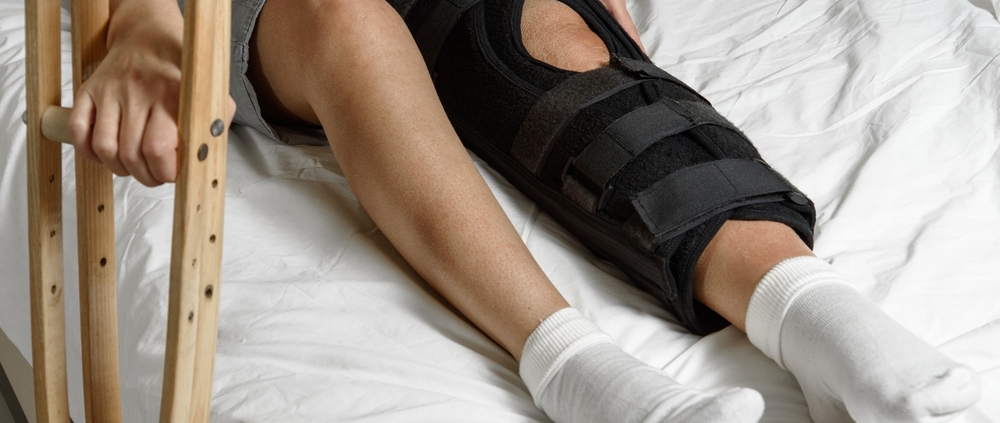





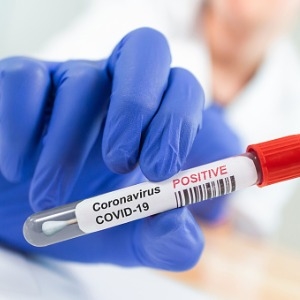








Leave a Reply
Want to join the discussion?Feel free to contribute!